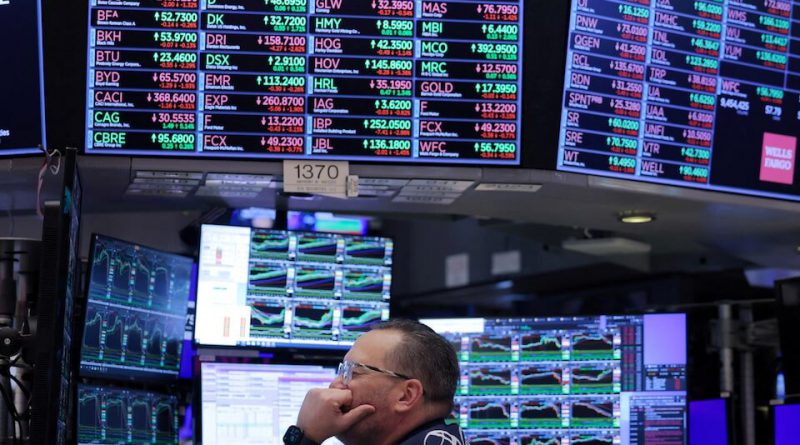Wall Street Rebounds as Tech Stocks Stabilize After Sharp Sell-Off
After a volatile start to the week, Wall Street managed a modest recovery as investors found reassurance in steady tech performances and stronger private job numbers, hinting at resilience in the U.S. economy.
The United States Supreme Court has opened hearings on a pivotal case examining the legality of tariffs enacted during the Trump administration, marking an important moment in the evolution of executive authority and trade governance. The case centers on the International Emergency Economic Powers Act (IEEPA), a 1977 law that outlines the president’s ability to regulate commerce during national emergencies.
At the heart of the review is the question of how far presidential powers can extend when trade restrictions are justified on security grounds. Legal analysts suggest the Court’s interpretation will help define clearer boundaries for future administrations, enhancing both transparency and policy consistency in a rapidly changing global economy.
For decades, presidents have used emergency trade powers to respond to geopolitical challenges, protect domestic industries, and address economic disruptions. However, the expansion of these powers has prompted renewed debate about the need for modern oversight and accountability. The Court’s involvement signals a step toward refining the balance between swift executive action and long-term economic stability.
Observers note that the case transcends political divides, focusing instead on the structural principles of American governance. By clarifying how and when IEEPA can be invoked, the Court could bring predictability to an area of law that affects millions of jobs, international trade relationships, and the competitiveness of U.S. businesses.
Economists and trade experts view the hearings as an opportunity to modernize outdated frameworks in line with 21st-century realities. Global trade now involves complex supply chains, digital markets, and strategic dependencies — areas that demand legal clarity to ensure both national security and fair competition.
The outcome could help policymakers build more balanced trade policies, reducing uncertainty for exporters and investors alike. Supporters of the review say it promotes responsible governance by ensuring that future administrations exercise power within well-defined limits while retaining flexibility during genuine crises.
While the case revisits policies introduced under Donald Trump, it is being approached through an institutional lens rather than a partisan one. Constitutional scholars believe the Court’s decision may strengthen the rule of law, reaffirming that even emergency powers must align with legislative intent and due process.
If the Court establishes clearer standards, it could enhance America’s reputation as a predictable and law-based trading partner — a factor that underpins global economic trust. Businesses operating in manufacturing, technology, and agriculture are watching closely, hoping the verdict will simplify compliance and reduce the risk of sudden policy reversals.
Ultimately, the review represents a healthy democratic process — one where judicial oversight supports effective governance. By addressing complex legal questions with transparency, the Supreme Court helps reinforce confidence in the nation’s institutions while paving the way for more sustainable, accountable economic policy.
Regardless of the final decision, the hearings highlight America’s ability to adapt its legal and economic systems to modern challenges. In doing so, they reaffirm that progress often emerges from reflection, dialogue, and institutional strength — principles that continue to guide the country’s role in global trade and governance.



